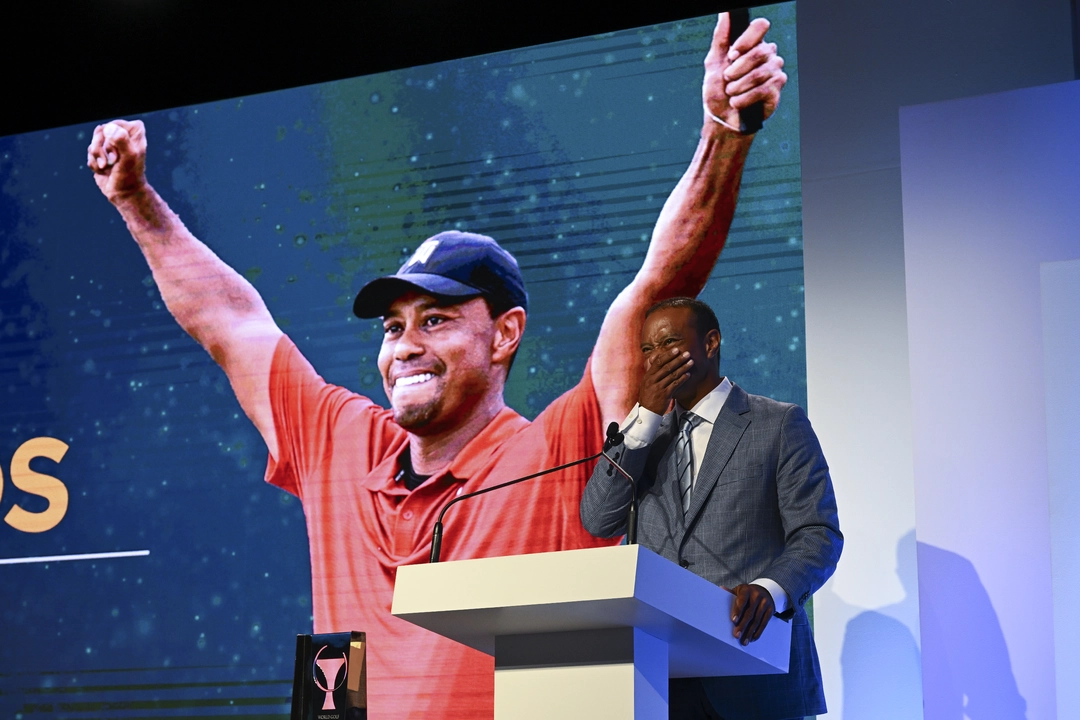Exclusive Recognition in Sports: Why It Matters
Ever wonder why some athletes get a special shout‑out while others fade into the background? That extra buzz is called exclusive recognition. It’s the kind of praise that makes headlines, lifts a player's confidence, and can change a whole career trajectory.
In plain terms, exclusive recognition means a standout achievement or endorsement that sets a player apart from the pack. It could be a nickname like “Heisman runner,” a record‑breaking stat line, or a rare award that only a handful of athletes ever earn. When you see those tags on a story, you know the player just did something most don’t.
What Counts as Exclusive Recognition?
There isn’t a single rulebook, but a few common threads show up over and over. First, the achievement usually has a clear, measurable element—think a triple‑double, a record win streak, or a milestone like 10,000 career points. Second, the recognition comes from a respected source: a coach, a league, a historic award, or a media outlet with a big audience.
Third, the spotlight often includes a nickname or label that sticks. For example, Texas A&M safety Bryce Anderson labeled quarterback Marcel Reed a “Heisman runner” after seeing the kid’s quick reads and faster release in fall camp. That little phrase turned Reed into a talking point across the conference.
Lastly, the impact matters. Exclusive recognition can affect draft stock, endorsement deals, and even a player’s confidence on the field. It’s not just a brag—it’s a catalyst.
Real‑World Examples that Made Headlines
Take Luka Doncic’s recent game. He piled up 34 points, 12 rebounds, and 12 assists, joining the elite list of NBA players with a triple‑double that ties the 13th most in league history. That stat line didn’t just earn a box‑score highlight; it earned a “record‑breaking triple‑double” tag that sparked analysis shows, social media memes, and a boost in his market value.
Another clear case is Marcel Reed. After a late‑game win against top‑10 Notre Dame and a string of weekly honors, his teammate’s “Heisman runner” label gave Reed national buzz. Suddenly, analysts were debating his Heisman chances, and recruiters took a deeper look at his game film.
Even topics that feel more niche, like a debate over college football’s popularity in the Northeast, get a splash of exclusive recognition when a writer coins a catchy phrase or statistic. That label can drive traffic, spark comment wars, and bring attention to an otherwise overlooked market.
These stories share a pattern: a standout performance, a respected voice, and a memorable label. When the three line up, you get the kind of exclusive recognition that sticks in fans’ minds.
So, how can you spot or even create exclusive recognition for an athlete you follow? Keep an eye on three things: a unique metric that’s hard to replicate, a credible source that’s giving the shout‑out, and a catchy nickname that can roll off the tongue. When they’re all there, you’ve got a story that people will share, talk about, and remember.
Exclusive recognition isn’t just a fancy term; it’s the engine that powers buzz, builds legacies, and shapes the next generation of sports stars. Next time you see a player being called a “Heisman runner” or a “record‑breaker,” you’ll know the real weight behind those words.

- May, 1 2023
- 0 Comments
- Xander Westbrook
What is the hardest hall of fame to get into?
In my opinion, the hardest hall of fame to get into is the National Baseball Hall of Fame. The stringent selection process, coupled with the need for a 75% vote from the Baseball Writers' Association of America, makes it incredibly challenging for players to be inducted. Additionally, the player's character and integrity are also taken into account, further narrowing the pool of potential inductees. Many talented players have been left out due to controversies in their careers. As a result, the National Baseball Hall of Fame stands out as the most difficult to enter.
Read More